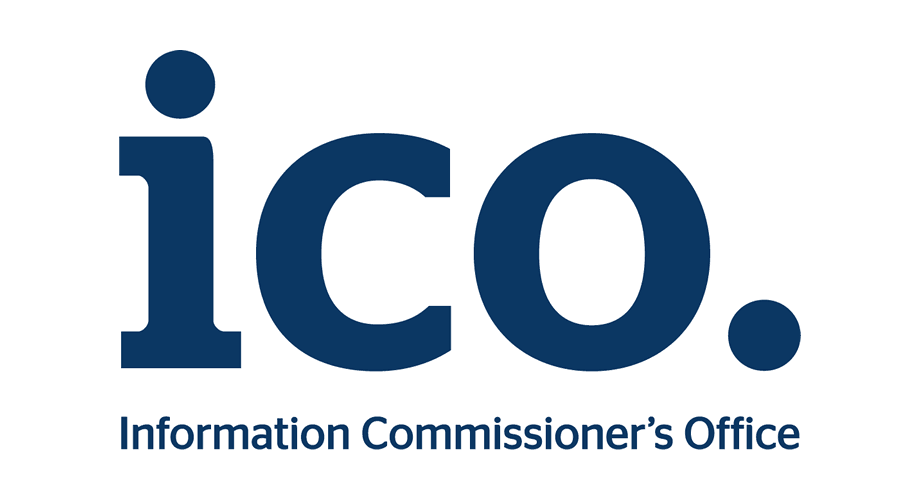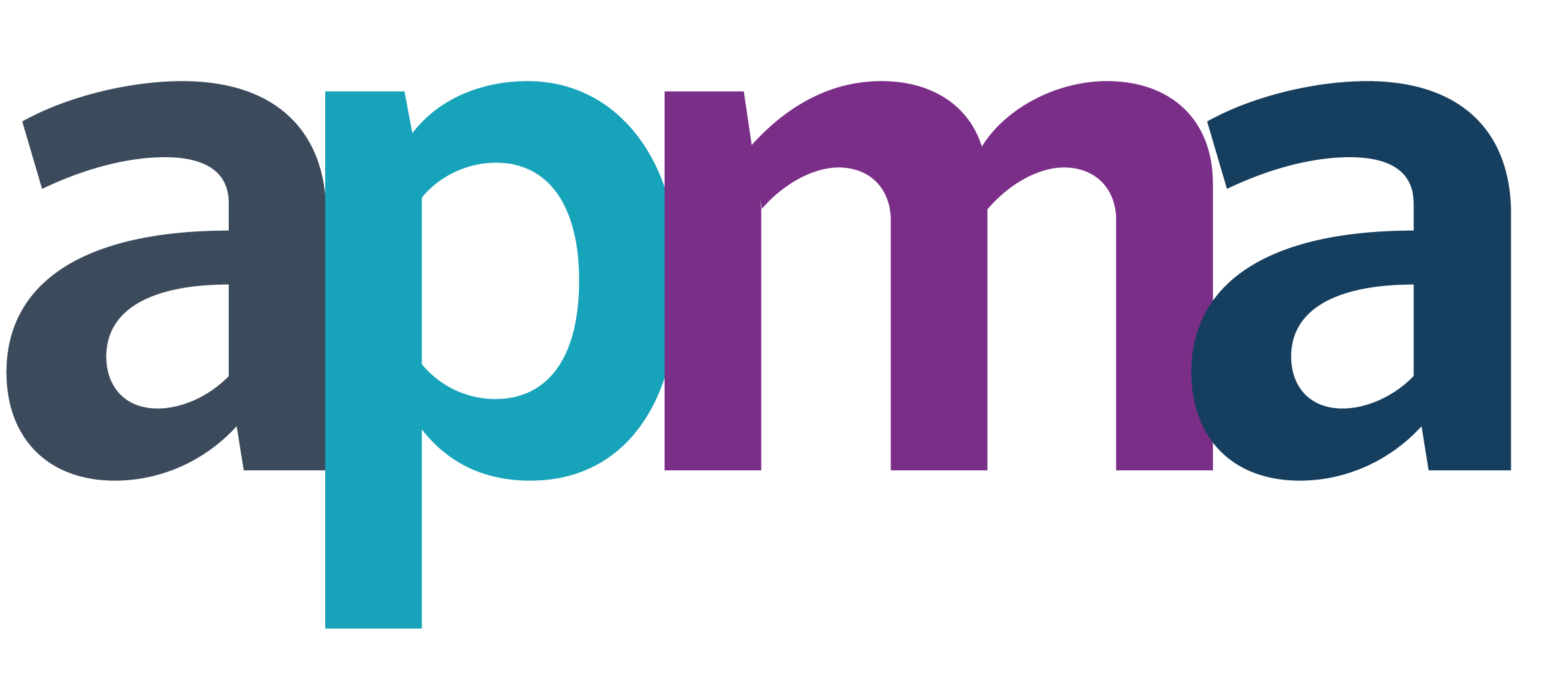
The Information Commissioner’s Office is consulting on key data protection issues in relation to “pay or okay” advertising models.
The ICO has stated that industry responses will help them develop their final regulatory positions on these models which will be reflected in the ICO’s upcoming guidance update on cookies and similar technologies.
You can read more about the consultation here.
The APMA submitted a response, which you can read in full here:
Here is a summary of our main conclusions that we will explain in greater detail:
- The affiliate and partner marketing industries have created consumer empowerment models that are both popular and based on a clear value exchange.
- Businesses operating these models do not see the necessity to charge for them and there is little appetite to alter how they operate commercially.
- Affiliates often disclose how they make money and are an important educator, explaining to consumers how they can benefit from a free Internet.
- Contextual advertising is an alternative to personalisation and is common in the industry.
- Sales are tracked through first-party cookies and are used to apportion credit for sales: this is another form of measurement cookie.
- Some affiliate cookies are strictly necessary. This has been made explicit by the French regulator.
- If there is significant tracking disruption to the industry, it is feasible to assume affiliate publishers could look at other revenue opportunities that might include consent or pay mechanisms.
1. About the APMA
The Affiliate & Partner Marketing Association (APMA) is a trade body formed in 2023.
Comprised of 50 members, drawn from agencies, suppliers, publishers and advertisers, our members generate more than £14bn in annual online sales for UK retailers. Tens of thousands of people are employed in the industry, which the Internet Advertising Bureau and PwC concluded accounted for 1% of the UK’s GDP in 2014 .
In this response, we will outline how our business model operates, why it is likely that most businesses will not opt for ‘consent or pay’ models and seek clarity on cookie classification.
2. What is affiliate and partner marketing?
According to Similarweb, 47 of the UK’s top 50 retail sites run affiliate progammes. Affiliate marketing is direct response, performance-based marketing which typically rewards an affiliate, publisher or partner for generating online sales for advertisers.
Unlike other marketing channels that are defined by their activity (email, display, etc.), it is more accurate to classify it according to its cost-per-acquisition (CPA) model.
Typical publishers include price comparison, cashback, loyalty and reward portals as well as voucher code sites. The channel has become increasingly diverse with influencers, tech start-ups and bloggers using it to generate revenue and fund growth.
Traditional publishing houses such as News International, The Telegraph and Hearst are also turning to the channel as a way to diversify their revenue streams. British publisher Future announced in their last full year results that their content drove more than 10m affiliate transactions resulting in 2023 revenue of over £80.7M.
According to a 2024 survey by APMA member Awin, 92% of marketing professionals surveyed said the affiliate and partner marketing channel was effective or highly effective.
3. Affiliates and the consumer value exchange
Affiliates and publishers have built some of the most popular free UK retail sites. British publisher, TopCashback now claims to have more than 22m members worldwide and like most other publishers, they offer their services free of charge.
Publishers create content that consumers seek out and use to help them make more informed purchasing decisions or to save money, such as reading a product review on Which?, earning points on Nectar’s loyalty scheme or redeeming a voucher code with Groupon.
In many cases, consumers request to see promotional content as part of the service to which they sign up and therefore the value exchange is well understood.
A substantial portion of the revenue and therefore ongoing viability of free price comparison services such as MoneySavingExpert, Comparethemarket and Uswitch depends on the affiliate channel.
The cost of living crisis has heightened the demand for these services. A 2023 YouGov survey found that 94% of consumers claimed they used affiliate models to save money in the previous 12 months, with price comparison as the top-ranking tactic (36%). Discounts were used by 32% of consumers, and a quarter took advantage of rewards via loyalty schemes .
4. Why ‘consent or pay’ is not under consideration.
Because publishers have built successful businesses with millions of loyal users who trust and consistently use them, there is no current desire to erect paywalls.
Their growth has been fuelled by performance-based marketing activity that relies on a very clear value exchange: they are commercially viable because millions of users enjoy their services.
Publishers often explain this value exchange to their members. APMA member Hot UK Deals which has 23m monthly visits, states on their website:
“If you click through or buy, we may earn a fee or commission. This helps to fund our platform”.
Another APMA member, popular discount site, vouchercodes.co.uk, says:
“In most cases, we earn a small commission from brands when someone makes a purchase using an offer on our site, app, or browser extension”.
Major price comparison site Broadband Genie explains in detail how it makes money: https://www.broadbandgenie.co.uk/about/funding. Another price comparison site, Comparethemarket has a detailed matrix that shows the funding they receive: https://www.comparethemarket.com/about-us/ . Uswitch summarise the reason their site is free to use succinctly: “Uswitch has commercial agreements in place with some suppliers across all our services. We charge suppliers a fee when we switch customers to them, which means we can provide consumers with a free service”.
TopCashback states: “The site is supported by the adverts and sponsored links which are clearly labelled as ‘zero cashback’ throughout the site. If any of our members ever click a sponsored link, then that helps to support our site”.
MoneySavingExpert uses an asterisk as a disclosure signifier to show where a commission may be paid if a consumer purchases a product from a link on their website.
These disclosures help inform consumers how a free Internet that benefits them can be funded through commercial models.
The CMA’s 2015 Report, ‘The commercial use of consumer data’, stated, “While consumers may have limited awareness of the various ways in which firms use their data to their potential benefit, a number of CFI respondents suggested that many consumers were increasingly aware that they were part of a mutual ‘value exchange’ – in effect, recognising that, in return for sharing their data with businesses, they also received some form of reward” .
5. How the value exchange increases consumer choice
We believe affiliate publishers are a valuable asset in helping communicate how online services can remain free to access.
In creating these consumer sites, advertisers have a direct route to publishers, with publishers absorbing the cost of showing the best deals to provide consumers with a variety of options in an easily accessible and aggregated way.
6. Privacy by design and data minimisation: contextual advertising
We note the growing adoption of contextual advertising and the importance the ICO places on it as an alternative to intrusive tracking technology.
We feel the value exchange as well as the lack of personalisation in the industry helps mitigate the invasiveness of affiliate tracking.
Our channel is not typically premised on collecting personally identifiable information unless it is freely given (such as registering for a cashback account where certain information may be willingly supplied).
For most affiliate services, an anonymised click is reported and there is no requirement to register, whereby personalised information is shared. This is in contrast to other advertising channels where information is opaquely shared among third-party vendors.
Rather than rely on personalisation tactics, many publishers have created niche content that attracts a relevant audience. Contextual content has always been an important driver of clicks and page views for affiliate publishers.
For example, a fishing enthusiast who writes about their hobby will naturally find like-minded fishing fans. By featuring commercial links to fishing products on their blog, they know the product links are automatically targeted without the need to collect data on users to target advertising at them.
7. Measurement cookies in the affiliate channel
We note the ICO’s current advice about first-party data, specifically when used for measurement and how it may result in a “low level of intrusiveness and low risk of harm to individuals” .
Affiliate marketing relies on first-party tracking cookies unlike the programmatic Display industry; how we classify cookies depends on how we interpret what they do. We believe they generally have equivalence with measurement cookies.
Affiliate networks and platforms, which act as the tracking intermediary between publishers and advertisers, typically track a sale identifier, IP address and sale amount. They may also collect additional pieces of non-personalised data. This information is used to apportion the sale to the correct publisher and not generally for personalisation tactics.
It would be extremely helpful for advertisers and the industry in general to have further clarification on whether we can view affiliate cookies as measurement-based. We would also appreciate any opportunity to explain in greater detail what affiliate cookies do so we can offer unequivocal guidance to our members.
8. Essential cookies in the affiliate channel
While we know measurement still requires consumer consent, other areas of the affiliate industry can make a strong case that they do not need consent to track.
Users of many affiliate services deliberately opt-in to receive a cash, voucher, points or similar rewards. We note the French data regulator CNIL published explicit guidance in May 2022 stating, “the consent of Internet users is not necessary for the trackers implemented for the needs of these services because they are strictly necessary for the provision of an online communication service expressly requested by the user” .
Clarity on whether the ICO agrees with this decision in the UK would be helpful.
We also note your communication to The IAB and AOP dated 6th March in which you state you will “consider whether any updates to our position are necessary in the ICO’s upcoming guidance on cookies and similar technologies”, and would welcome an opportunity to represent the affiliate and partner marketing channels in any future discussions .
Kevin Edwards,
Founder, The APMA
[email protected],
www.theapma.co.uk
https://theapma.co.uk/wp-content/uploads/2024/03/OPM-Report-210114-FINAL.pdf
https://resources.awin.com/forrester/en-forrester-affiliate-investment-2024/challenge
https://commercial.yougov.com/rs/464-VHH-988/images/YouGov_FMCG_CPG_Retail_Whitepaper2023_Changing_purchasing_habits.pdf
https://www.moneysavingexpert.com/site/moneysavingexpert-finance/
https://assets.publishing.service.gov.uk/media/5a7f2a8840f0b6230268dd76/The_commercial_use_of_consumer_data.pdf
https://ico.org.uk/for-organisations/direct-marketing-and-privacy-and-electronic-communications/guide-to-pecr/guidance-on-the-use-of-cookies-and-similar-technologies/how-do-we-comply-with-the-cookie-rules/
https://www.cnil.fr/fr/cookies-et-autres-traceurs/regles/cookies/FAQ (Q14)
https://www.iabuk.com/news-article/ico-responds-iab-uk-aop-members-regarding-cookie-compliance


